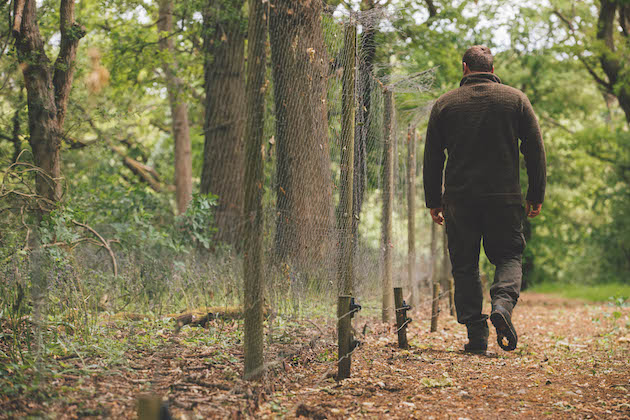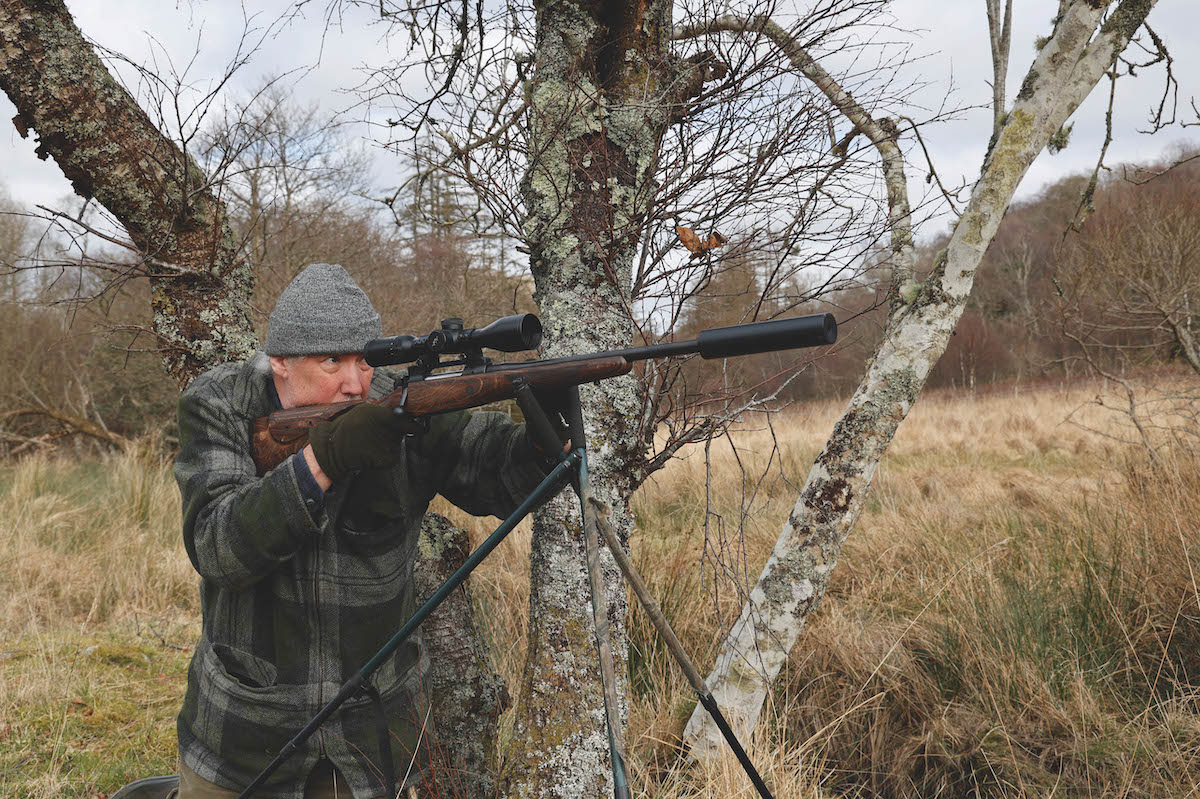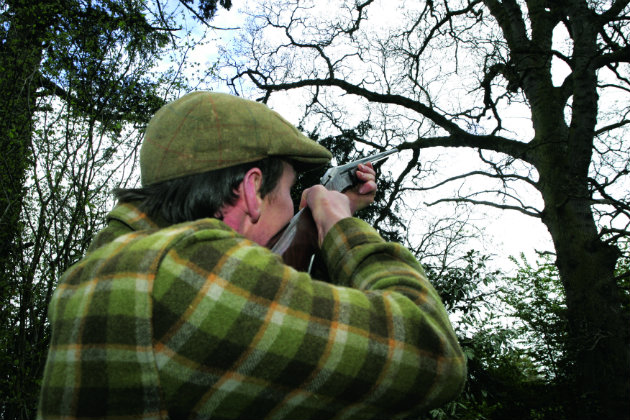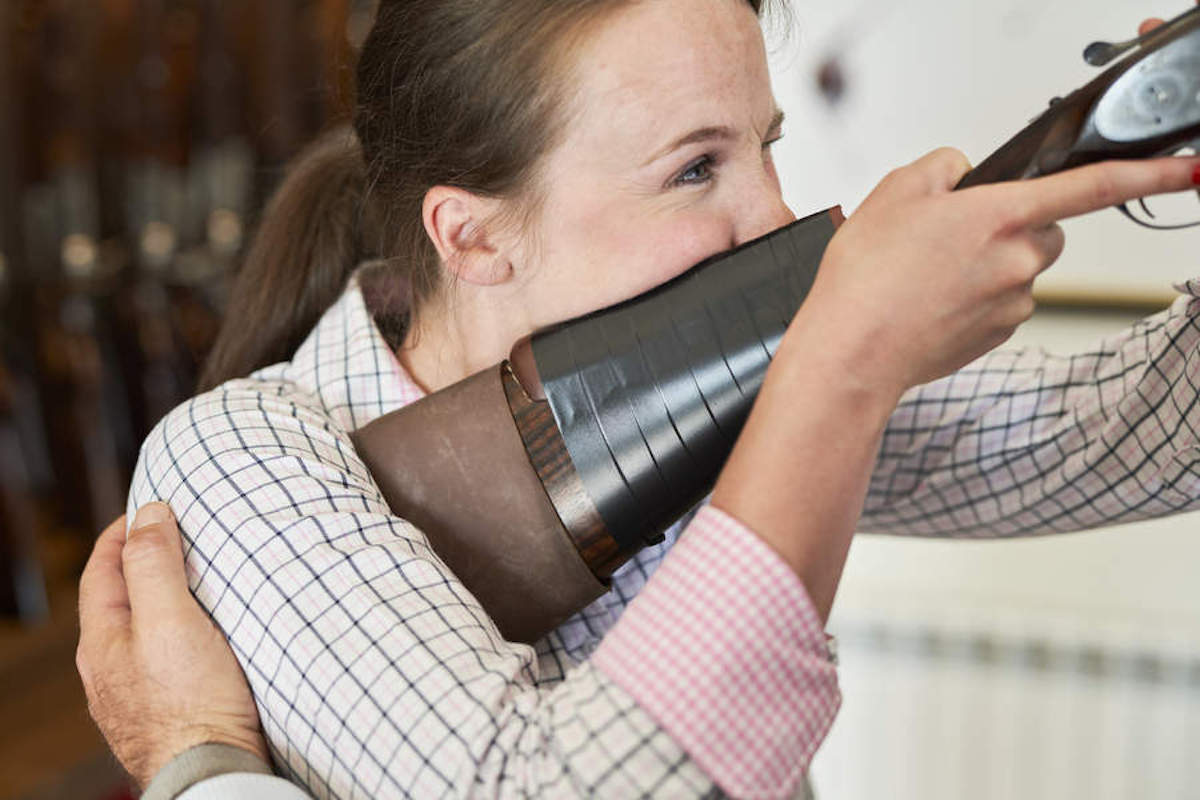Gamekeepers’ Welfare Trust: why it’s a vital lifeline
The Gamekeepers' Welfare Trust (GWT) offers a vital lifeline to keepers, stalkers and gillies who should not have to suffer in silence over professional and mental health issues

Walking the fence line of a pen
The decision that the awarded legal costs, following Wild Justice’s failed attempt to take forward a judicial review of English heather-burning regulations, should be donated to the Gamekeepers’ Welfare Trust (GWT), was a multilayered master stroke.
Raising awareness of the Gamekeepers’ Welfare Trust
Superficially, the news gave brief, if admittedly delicious, schadenfreude. We all shared a communal chuckle at the thought of the ‘three mates’ trying to spin to donors why their money had gone on supporting a gamekeepers’ charity. Fundamentally, however, this decision to support the Gamekeepers’ Welfare Trust helped raise much-needed awareness of a small charity. A more holistic reason behind the donation may be due to the antagonism shown by Wild Justice’s co-directors towards gamekeepers — an attitude that has made the need for a charity such as the GWT all the more essential.

Daily abuse
The gamekeeper, it seems, can be demonised, despised, libelled and slandered by groups and individuals with impunity. Being publicly portrayed as a ‘psychopath’ or that you work in an industry ‘underpinned by criminality’ really does hurt. Hurtful words, when thrown at you and your profession, time after time, day after day, be it on national television, in the press or in countless online blogs and social media feeds, start to destroy one’s self-worth. To this can be added the looming uncertainties gamekeepers, gillies and stalkers currently face over their futures, their homes, their families, the very bedrock of their lives. Vocal demands are increasing for the rewilding of estates, for the right to roam, for bans and restrictions, for the change of the landscapes in which people live and work. It’s not an easy time to be a keeper.
One of the many ways the GWT, as a people charity, supports its beneficiaries is by helping those who are struggling with mental health. Over recent months, the charity’s helpline has experienced a rise in calls. Many of the reported catalysts for stress are the same as those faced by people in all walks of life: Covid, redundancies, relationships and financial difficulties, to name a few. An increasing number of callers also cite acute feelings of stress and ill-health caused by campaigns, such as those carried out by Wild Justice and its supporters.
Mental health is a topic that most still feel uncomfortable talking about with others. This is particularly true for men, and gamekeepers are predominantly male. Added to this default masculine reticence, there is a genuine fear among keepers and stalkers that by telling a medical professional “I’m not OK”, that there is a resulting likelihood you could lose your guns. Thus the pathways for support become hard to find for keepers, and feelings of isolation are compounded — concern over your mental health all too easily becomes a mental health crisis. (Read more on depression and gun ownership.)
For most of us, our rifles and shotguns are in truth nothing more than the kit we keep to pursue our hobby. If we lose our guns, we lose our pastime. For keepers, however, they are indispensable tools of their trade. If guns are removed on health grounds, then livelihoods and homes are at risk. The GWT can help people with these understandable fears and provide not only a listening ear but practical support.
The charity’s freephone service, called Jamie’s Helpline, enables callers to receive professional advice, support and clear pathways, on topics ranging from careers and housing through to physical and mental well-being. This help is provided by qualified individuals in confidence.
Mental health was a taboo subject; the government and NHS have made concerted efforts to rectify this. However, for many employed as gamekeepers, gillies and stalkers, the spectre of mental ill-health was one they believed they had to suffer in silence. That donation, made off the back of a Wild Justice legal defeat, may have been small in cash terms but it was huge in terms of building awareness and driving home the message that in times of need keepers are not alone.
Jamie’s Helpline: 0300 1233088
A straightforward way of getting in touch with the Gamekeepers’ Welfare Trust is by texting and open to keepers who have concerns about their professional and personal relationships, as well as their general well-being.
The number to contact is 07786917498. All calls or texts are totally confidential
Helen Benson from the Gamekeepers’ Welfare Trust said:
“Surveys have shown that texting is the most useful and popular method of keeping in touch for the younger generation in particular. We reach out to everyone, but recognise that for the student or young keeper, texting is perhaps the most user friendly way of asking for help or communicating with someone who understands and in confidence.”








